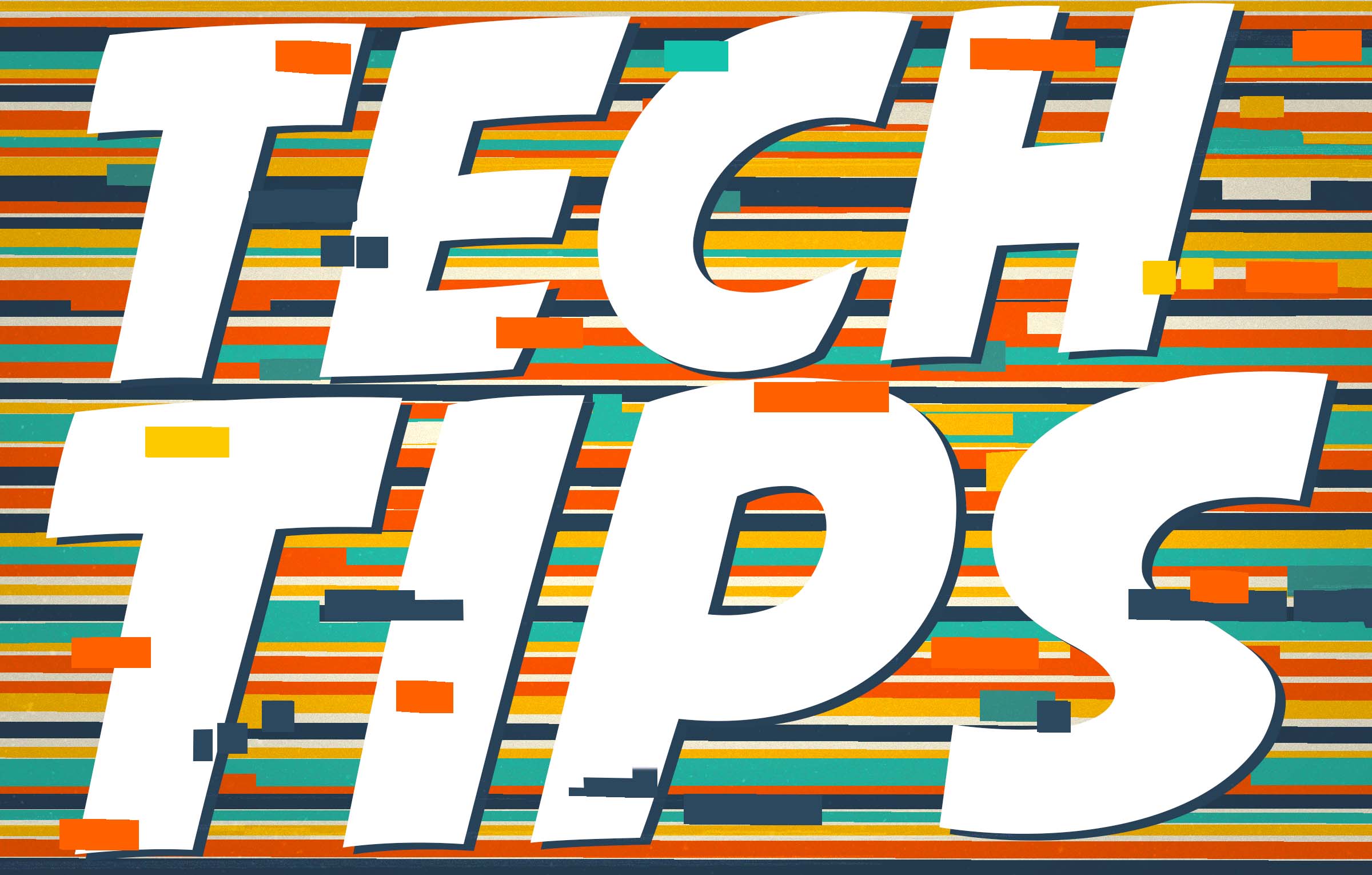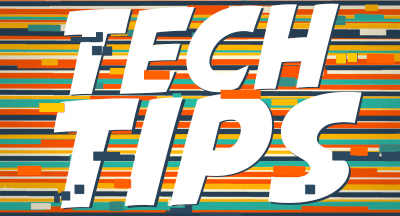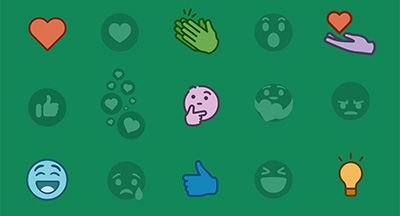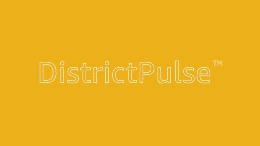Technology Tips: May 2024
#Tips
Skyward IT Services
by
Skyward IT Services

|
Skyward IT Services Network Infrastructure and Security Specialists |
 |  | 
|
 |
Out-smart your at-home smart devices
Some of the most popular at-home smart devices include digital assistants (like Alexa), thermostats, doorbells, smart TVs, baby monitors, speakers, and security systems–and hackers are aware. Some of the devices can have microphones and cameras, which can be a major security issue if you get hacked. If you have these smart devices, it’s a good idea to stay on top of best practices to keep your home secure.🏠 Security starts with your Wi-Fi router. Use a strong encryption method (like WPA2), change the default router name, and keep the software up to date.
🏠 Change default usernames and passwords that may have come with your new device, as hackers are more likely guess these.
🏠 Read manufacturers’ privacy policies so you know how your data is being stored and used.
🏠 Watch out for hardware outages, as this could affect the security of your smart device.
Staying safe with PDFs
Opening or downloading PDFs can expose your device to malware. Malware can exist in the PDF itself (infecting your device just by downloading it) or it can be embedded in links.Make sure to verify the sender before opening any PDFs. If you don’t trust the source, it’s best to not download it. Always make sure to hover over the links of the PDF to see if the link looks legitimate. Consider using a PDF virus checker like www.hybrid-analysis.com to allow you to open the document without risk.
Should you always accept cookies?
To accept or not accept, that is the question!In 2018 a law called the European General Data Protection Regulation came into effect which requires multinational companies to ask users for their permission to use cookies. You’ve likely noticed these pop-up messages, and maybe you click ‘accept’ without thinking twice. Let’s discuss the times it’s best to accept cookies and situations when you may not have to.
Accept: Some websites require you to “accept all” to use their website at all. When you do accept the cookies, the website remembers you and your interests and preferences, hopefully making your browsing experience more efficient. Cookies can also save your log-in credentials, which comes in handy.
Don’t accept: If a website is asking permission for third-party cookies, it may be a good idea to decline. Chances are, they are selling your information (such as preferences, shopping and browsing habits, etc.). Having new cookies can also slow your computer and occupy disk space. Finally, never accept the cookies if you are on a trusted website that asks for your SSN or other highly personal information. As always, double check the website you are on is the correct one.
Malware of the month – BOLO USPS 📬
Be on the lookout for phishing spoofs from the U.S. Postal Service. Researchers have found that fake USPS sites and the real USPS site get the same amount of traffic! These scams happen all the time, but especially around holidays. Remember: the only website that can be trusted regarding USPS is www.usps.com.A few popular fake sites include usps-post.world and uspspost.me. Always track your packages from the original tracking email, rather than the updated real (or fake) texts you may receive.
Bonus
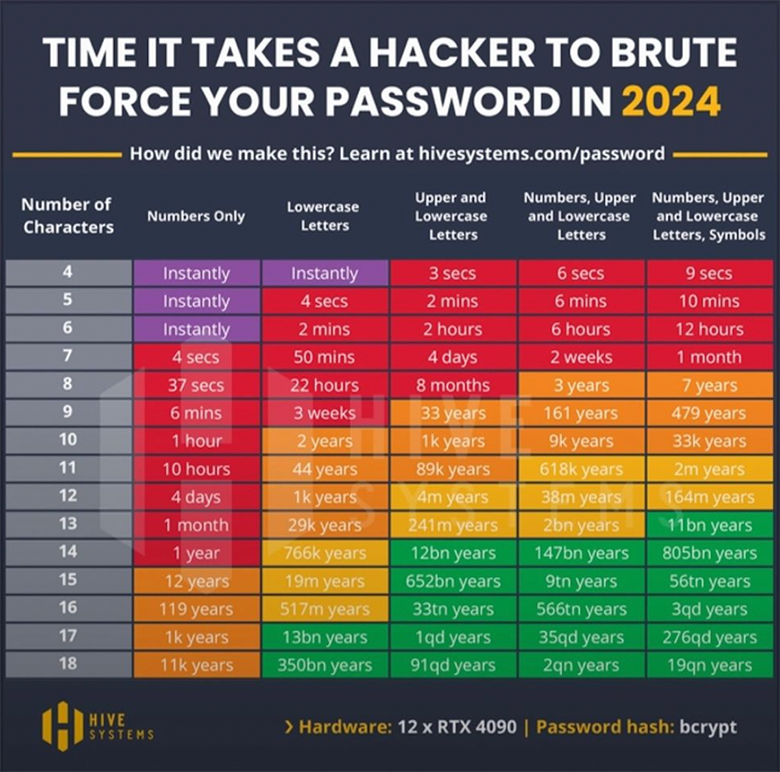

|
Skyward IT Services Network Infrastructure and Security Specialists |
|
|

 Get started
Get started

